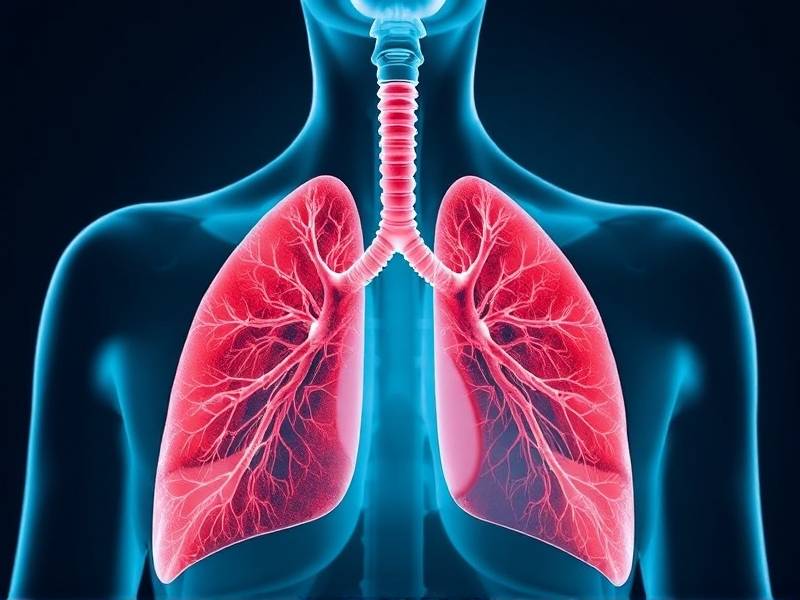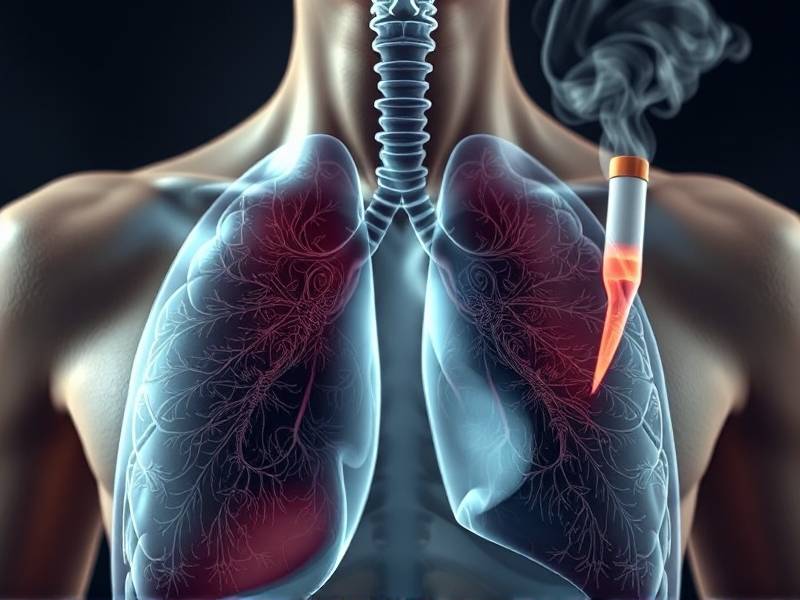How to Cleanse Your Lungs After You Quit Smoking: Effective Methods for Better Health
How to Cleanse Your Lungs After You Quit Smoking: Effective Methods for a Healthier You
Introduction: Quitting smoking is a significant step towards improving your health, but the journey doesn't end there. Many smokers wonder how to cleanse their lungs after years of exposure to harmful toxins. This article delves into effective methods and tips to help you breathe easier and restore your lung function post-quit.
Understanding Lung Cleansing
What is Lung Cleansing?
Lung cleansing refers to the process of removing toxins and impurities from the lungs that have accumulated due to smoking. While the body naturally cleanses itself over time, certain practices can accelerate this process.

Why Cleanse Your Lungs?
Cleansing your lungs can improve respiratory health, increase energy levels, and enhance overall well-being. It's a crucial step for anyone who has quit smoking to aid in the recovery process.
Effective Methods for Lung Cleansing
1. Deep Breathing Exercises
Deep breathing exercises are a simple yet effective way to increase lung capacity and oxygen flow. Techniques like diaphragmatic breathing can help clear out trapped air and promote lung health.
2. Regular Physical Activity
Engaging in regular physical activity, such as walking, jogging, or cycling, can enhance lung function by increasing circulation and promoting deeper breathing.
3. Hydration
Drinking plenty of water helps flush out toxins from the body, including those that have settled in the lungs. Aim for at least eight glasses a day.
4. Herbs and Supplements
Certain herbs like echinacea, goldenseal, and turmeric have been traditionally used to support lung health. Consult with a healthcare provider before starting any new supplement regimen.
5. Steam Therapy
Steam therapy involves inhaling warm steam from water infused with herbs or essential oils like eucalyptus or peppermint. This can help loosen mucus and improve airflow.
Tips for Enhancing Lung Health Post-Quit
1. Avoid Secondhand Smoke
Continuously expose yourself to secondhand smoke can hinder your lung recovery efforts.
2. Maintain Good Indoor Air Quality
Ensure your living space is well-ventilated and free from pollutants that could irritate your lungs.
3. Limit Exposure to Allergens
Allergens like dust mites or pet dander can exacerbate respiratory issues. Regularly clean your living space to reduce allergen exposure.
Monitoring Progress
It's important to monitor your progress after quitting smoking and implementing lung-cleansing methods. Keep track of any improvements in respiratory function, such as easier breathing or increased energy levels.
Conclusion: Cleansing your lungs after quitting smoking is a vital part of your journey towards better health. By incorporating these effective methods into your daily routine, you can support your body's natural healing process and enjoy the benefits of cleaner lungs for years to come. Remember, every step you take towards healthier lungs is a step towards a healthier life!

